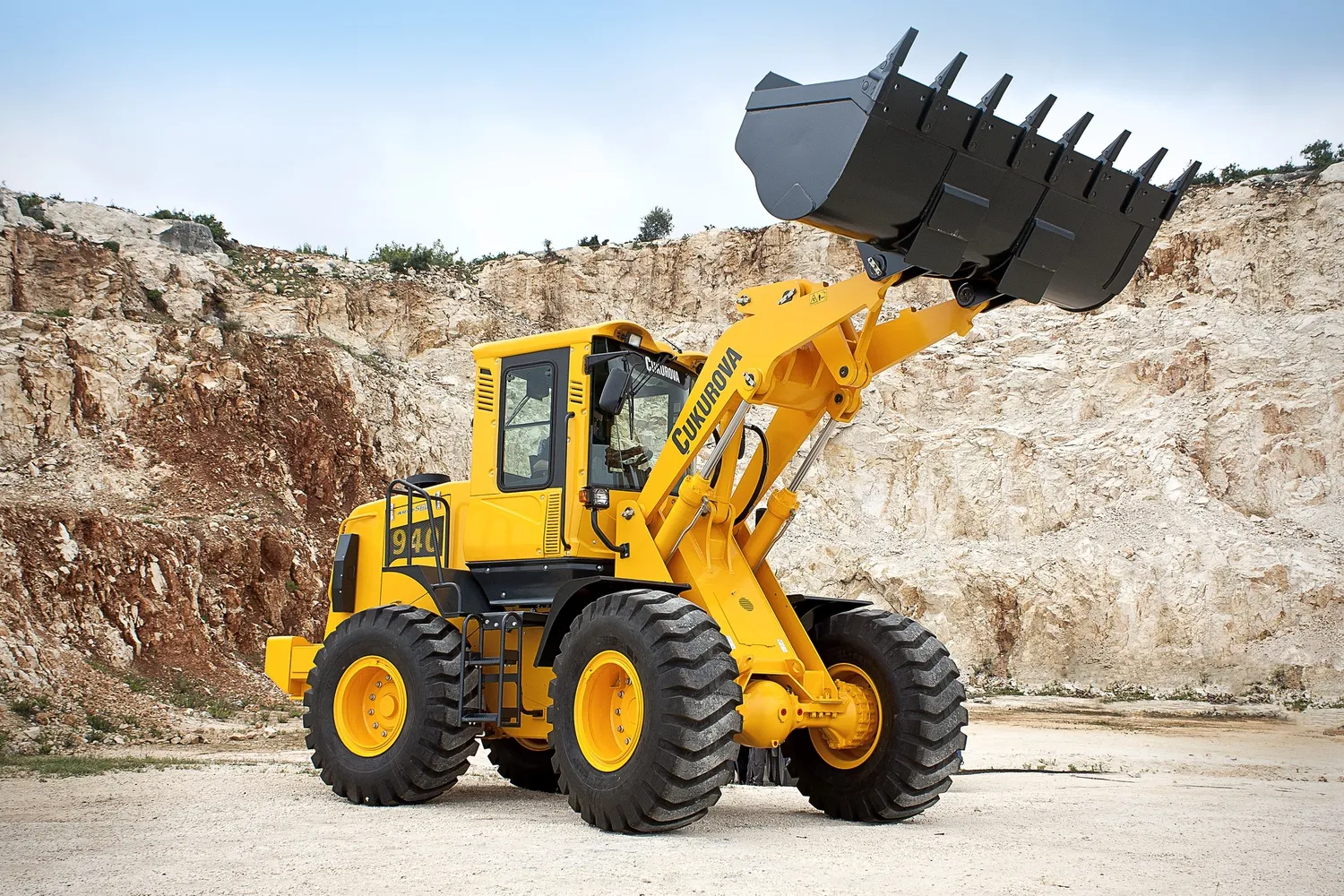
Compact wheel loaders are versatile and efficient machines used across a variety of industries, from construction and agriculture to landscaping and material handling. Despite their widespread utility, there are many misconceptions surrounding compact wheel loaders that may discourage potential users from fully embracing their capabilities. These myths can lead to missed opportunities for increased productivity and efficiency.
In this blog, we’ll address some of the most common misconceptions about compact wheel loaders, debunking the myths and providing clarity about their functionality, performance, and value.
Misconception 1: Compact Wheel Loaders Are Less Powerful Than Other Machines
One of the most common myths about compact wheel loaders is that their smaller size limits their power and performance. While they are compact by design, these machines are engineered to deliver impressive power and efficiency.
The Truth About Their Power
Compact wheel loaders are equipped with robust engines that provide sufficient horsepower and torque to handle demanding tasks. Many models feature advanced hydraulic systems, which enhance their lifting and digging capabilities.
- Engine Power: Compact wheel loaders often have horsepower ranges between 50 and 100 HP, making them suitable for heavy-duty applications.
- Versatile Attachments: The ability to use various attachments, such as buckets, forks, and grapples, further amplifies their functionality.
Compact wheel loaders are more than capable of handling tasks such as material loading, snow removal, and grading, making them a powerful addition to any fleet.
Misconception 2: They Are Only Suitable for Light-Duty Work
Another common misconception is that compact wheel loaders are only useful for light-duty tasks. While they excel in smaller spaces, they are versatile enough to tackle a range of medium to heavy-duty applications.
Their True Versatility
Compact wheel loaders are designed for adaptability, allowing them to perform well in diverse environments. Their ability to handle challenging terrain and substantial loads makes them indispensable in various industries.
- Construction: Used for site preparation, material transport, and debris removal.
- Agriculture: Ideal for tasks like moving hay bales, clearing land, and maintaining feedlots.
- Landscaping: Efficiently manages tasks such as moving soil, gravel, and mulch.
Their versatility proves that compact wheel loaders are far from being limited to light-duty work.
Misconception 3: Compact Wheel Loaders Lack Stability
Some people assume that compact wheel loaders lack stability due to their smaller size and lighter weight. This misconception overlooks the advanced engineering and design features that ensure their stability.
Designed for Stability
Compact wheel loaders are built with features that enhance their stability, even when operating on uneven terrain or handling heavy loads.
- Low Center of Gravity: Their design includes a low center of gravity, which minimizes the risk of tipping.
- Wide Base: The wide wheelbase provides a stable foundation for lifting and moving materials.
- Advanced Traction: Many models are equipped with all-wheel drive and high-traction tires to ensure stability on various surfaces.
These features make compact wheel loaders reliable and safe for a wide range of tasks and environments.
Misconception 4: They Are Not Cost-Effective
The assumption that compact wheel loaders are an expensive investment is another misconception that needs addressing. While their initial purchase price may seem high, the overall cost-effectiveness of these machines becomes evident when considering their versatility and long-term value.
The Cost-Benefit Perspective
Compact wheel loaders can save businesses money by improving efficiency and reducing the need for multiple machines.
- Multi-Purpose Use: Their ability to handle various attachments reduces the need to invest in multiple specialized machines.
- Fuel Efficiency: Compact wheel loaders are designed to consume less fuel compared to larger equipment, lowering operating costs.
- Durability: Built to last, these machines require minimal repairs and maintenance when properly cared for.
When considering their versatility and long-term durability, compact wheel loaders offer excellent value for the investment.
Misconception 5: They Are Difficult to Operate
Some operators may shy away from compact wheel loaders under the false belief that they are challenging to operate or require extensive training. In reality, these machines are designed with user-friendly controls and features that make them accessible to operators of all skill levels.
Ease of Use
Modern compact wheel loaders incorporate technology and ergonomic designs that enhance operator comfort and usability.
- Intuitive Controls: Simplified control systems allow for easy operation, even for beginners.
- Visibility: Spacious cabs with panoramic views provide clear sightlines, improving safety and precision.
- Comfort Features: Adjustable seating, climate control, and low noise levels ensure operator comfort during long hours of use.
With minimal training, operators can quickly become proficient in using compact wheel loaders for various tasks.
Misconception 6: Compact Wheel Loaders Can’t Handle Large Projects
The belief that compact wheel loaders are unsuitable for large-scale projects is another misconception. While they may not replace larger equipment in every scenario, compact wheel loaders can play a vital role in larger projects, especially in tight or restricted areas.
Supporting Large-Scale Operations
Compact wheel loaders are ideal for completing tasks in areas where larger machines cannot operate effectively. Their agility and versatility make them valuable assets in complementing larger equipment.
- Navigating Tight Spaces: Their compact size allows them to work efficiently in confined areas such as urban job sites or inside buildings.
- Supplementary Equipment: They can perform tasks that free up larger machines for more intensive work, streamlining overall operations.
By integrating compact wheel loaders into large-scale projects, businesses can enhance productivity and efficiency.
Misconception 7: Compact Wheel Loaders Are Outdated
Some may view compact wheel loaders as outdated or less advanced than other equipment. However, modern compact wheel loaders incorporate the latest technology, ensuring they remain competitive and efficient.
Advanced Features
John Deere and other manufacturers equip compact wheel loaders with cutting-edge features to improve performance and convenience.
- Telematics Systems: Provide real-time data on machine performance and location.
- Hydraulic Quick Couplers: Enable fast and effortless attachment changes, reducing downtime.
- Eco-Friendly Options: Many models are designed with reduced emissions and improved fuel efficiency to meet sustainability standards.
These advancements demonstrate that compact wheel loaders are far from outdated, making them valuable for modern operations.
Conclusion
Compact wheel loaders are versatile, powerful, and efficient machines that can handle a wide range of tasks in various industries. Despite common misconceptions, these machines are capable of much more than many give them credit for. From their impressive power and stability to their cost-effectiveness and ease of use, compact wheel loaders prove to be an essential tool for businesses of all sizes.
By debunking these myths, we hope to highlight the true potential of compact wheel loaders and encourage businesses to explore their capabilities. Whether you’re working on a small landscaping project or a large construction site, these machines offer reliability, performance, and value that are hard to beat.








